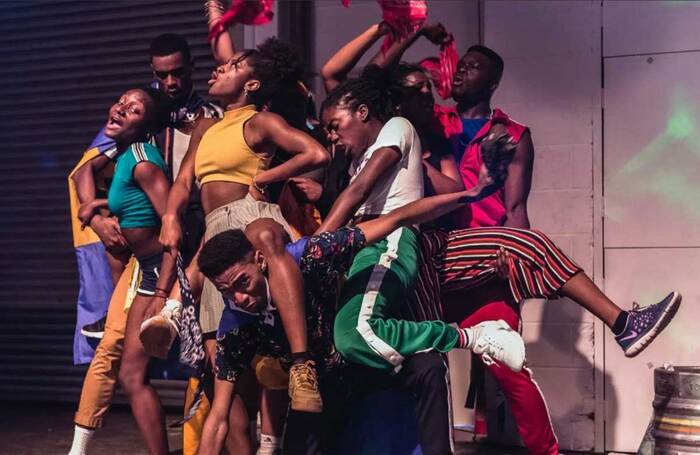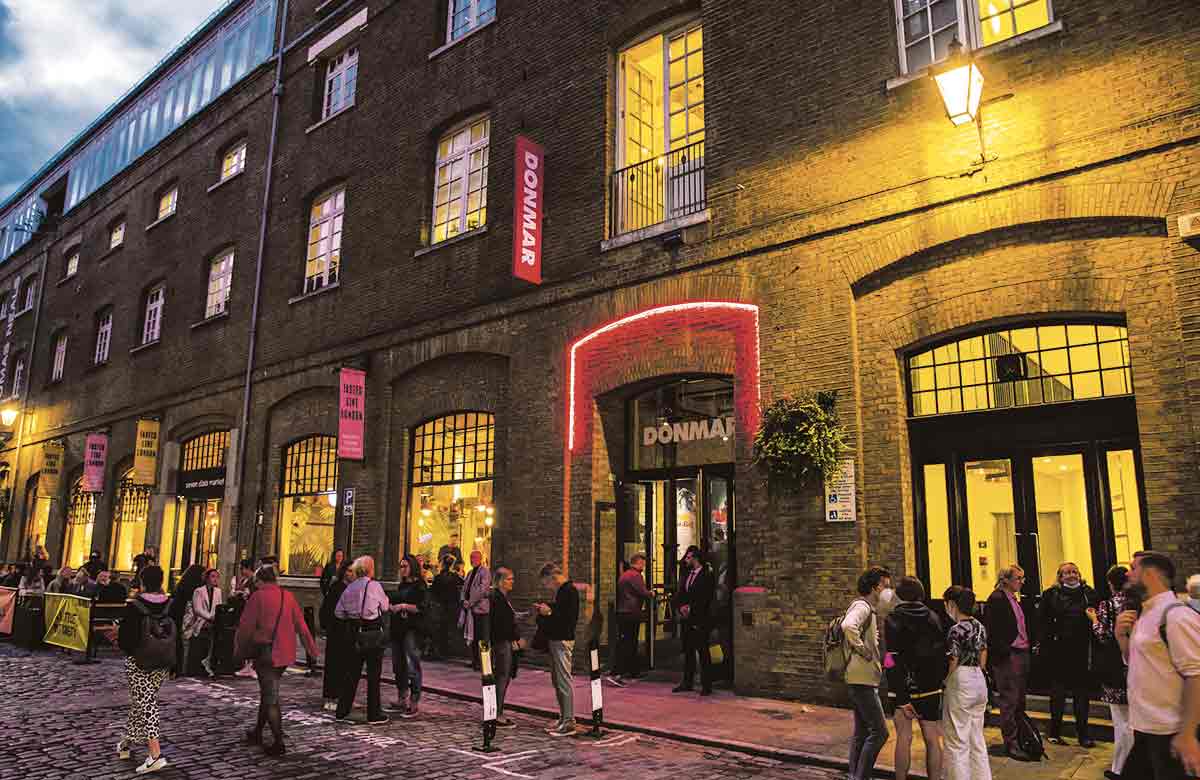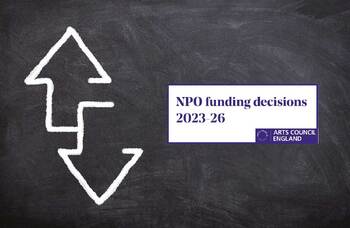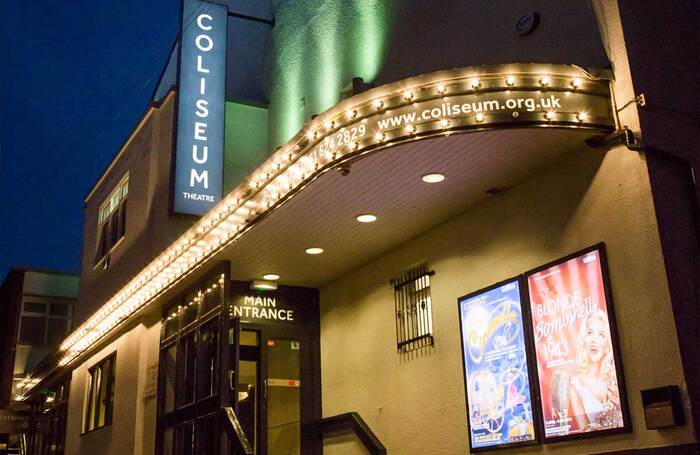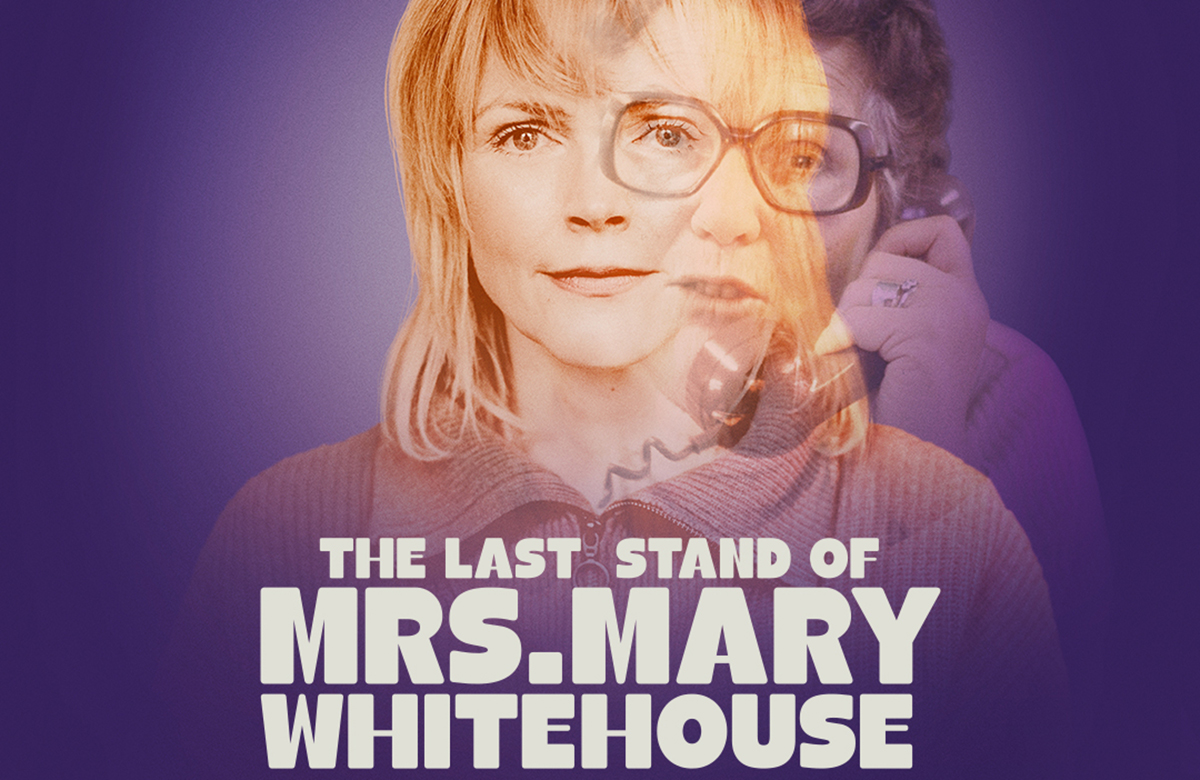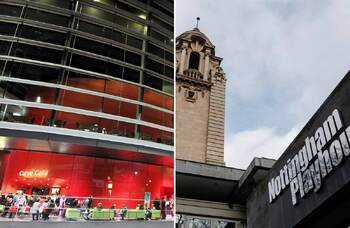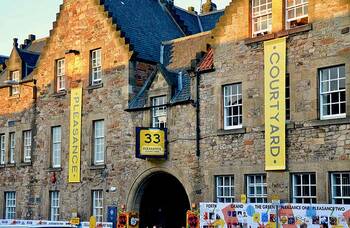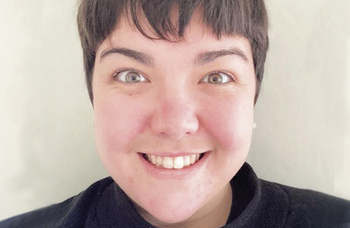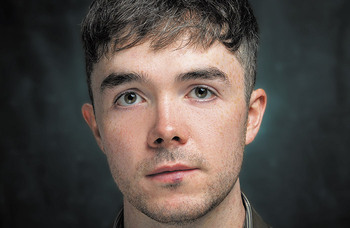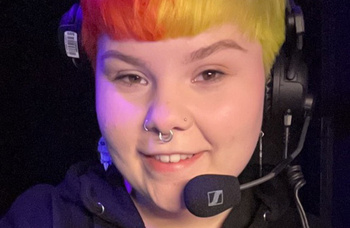NPO decisions rewarded diverse organisations, but was it enough?
Arts Council England heard, and it responded. Recognition of the contribution that inclusion makes to every part of cultural life in England was long overdue.
There is much to celebrate in today’s NPO announcement, with diverse-led stalwarts such as Talawa Theatre, Graeae and New Art Exchange receiving uplifts, and newcomers to the portfolio such as Inspirate, Chineke! Orchestra and others getting visible recognition for the long-standing work they’ve put in.
Leicester-based Inspirate is a multi-arts organisation celebrating contemporary South Asian culture. For its director Jiten Anand, the company’s inclusion in the portfolio is a big moment, and one that will offer sought-after stability. "It is slightly surreal; I have to pinch myself. We’ve been project funded since 2012 – so to have been given this decision after earning £9,000 a year on average for the first five years of the organisation’s life, to getting an actual wage that I can live on – it’s a life-changing moment," Anand told me today.
Others I have spoken to that received an uplift expressed relief that ACE had recognised their contribution to the sector by increasing investment – particularly in the context of cuts elsewhere. "Putting additional investment into global majority organisations will help ensure the sector continues to strive to be more inclusive and relevant, because we are fighting for our lives in this sector," they said.
Roy Alexander Weise at Manchester’s Royal Exchange, whose funding level was maintained, said the decision would allow the theatre to "create the broadest programme, work with incredible artists, support new voices and make sure that as many narratives as possible can be heard in our space".
Those leaders receiving little or no increase in funding expressed mixed emotions. Some I spoke to were quick to point out that standstill funding represents “essentially a 10% cut due to inflation and cost of living".
"It’s shit. I think I’m meant to feel grateful for not being cut, but I don’t. I’m disappointed and upset at having to shrink our ambitions," they said.
I spoke to another leader, whose organisation had bid for double the amount of funding it received in the last portfolio, and had received the same as before. They urged ACE to recognise that decisions should not be based only on the diversity of leadership, but on the "deep embedding of work in local communities".
In explaining the decision-making, ACE chief executive Darren Henley emphasised the desire for the portfolio to reflect "how England looks and feels in our culture".
This has meant that there are many organisations for which today’s announcement ushers in a dramatic decrease in their subsidy. Opera’s struggle to articulate its relevance is reflected in the hammer blows to Welsh National Opera, English National Opera and the Royal Opera House.
When it comes to those whose settlement represents a cut, organisations in affluent areas and those that do not have diverse leadership have remained remarkably sanguine, despite some seeing massive cuts of up to 50% off previous funding levels. "It could have been worse. We’re in an area that’s not a levelling-up priority - and we have lots of stakeholders in an area of relative wealth," one said.
Elsewhere, successful recipients are mindful of the high level of disappointment that will be felt elsewhere in the sector and are considering how to find ways to support peers and partners and to continue championing the need for serious public funding of the arts.
Make no mistake: the headlines make great reading, but the true picture demands further analysis. Of the 990 organisations funded, just 3% of portfolio organisations are headed up by people with disabilities. The Office for National Statistics data suggests that across the UK workforce, some 27% of disabled people work in managerial roles.
ACE’s improvements to ethnically diverse leadership are more significant: 15% of NPOs are now ethnically diverse-led, which is measured by 51% or more of their leadership coming from diverse backgrounds. This is up from 6% of the portfolio last time, which is comparable to national averages.
What’s worth further interrogation is the share of the pot. Diverse-led arts organisations continue to receive disproportionately smaller amounts of the public purse: just 10.4% of funds distributed will be managed by leaders with lived experience of marginalisation. So, they’ll still be managing the narrative of need that’s all too familiar to them.
In the midst of this economic challenge, ACE has put the transformative power of culture at the heart of its offer but has not quite balanced the books around equitable distribution.
Opinion
Recommended for you
Advice
Recommended for you
Most Read
Across The Stage this weekYour subscription helps ensure our journalism can continue
Invest in The Stage today with a subscription starting at just £7.99
 Amanda Parker
Amanda Parker